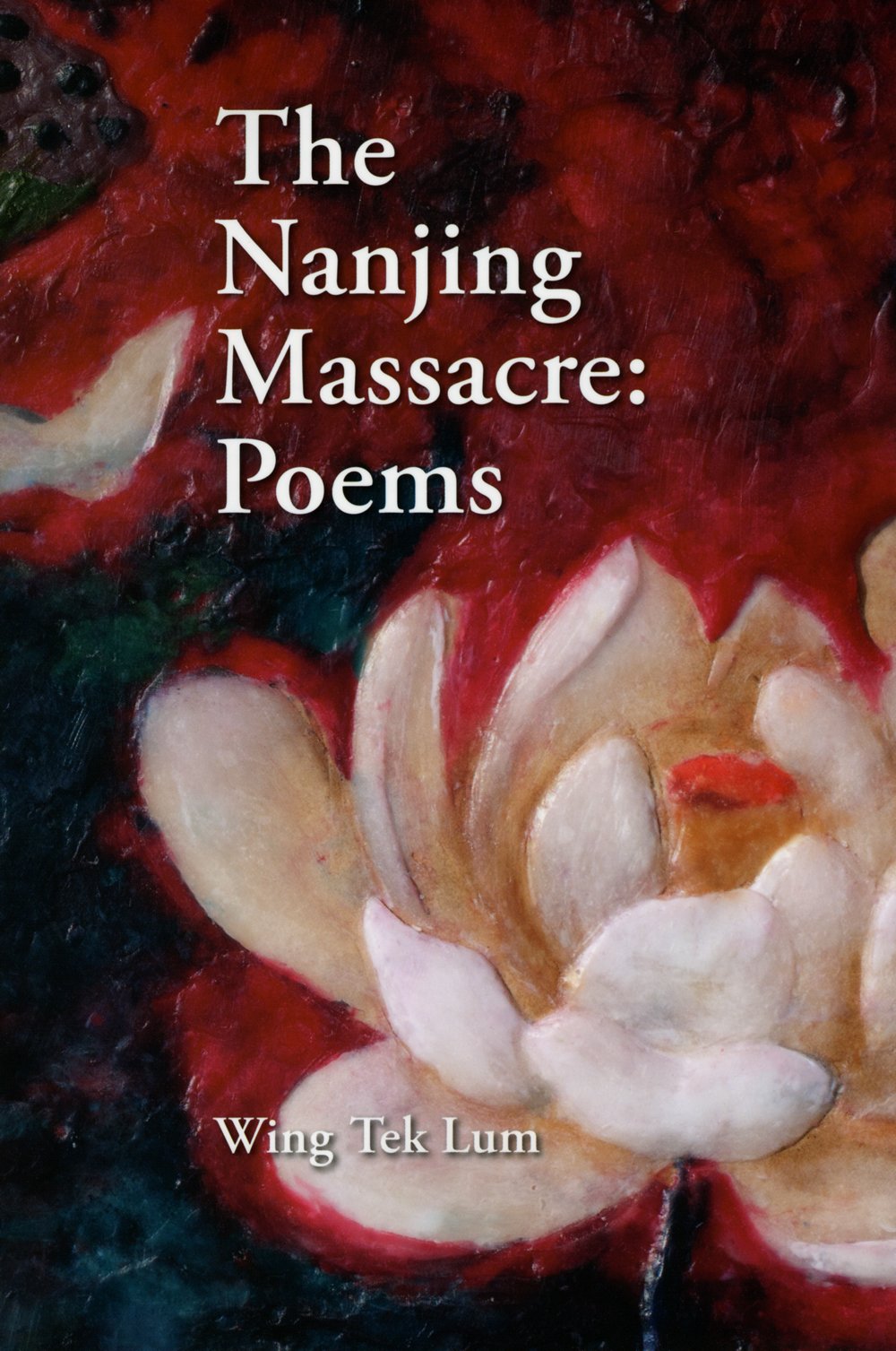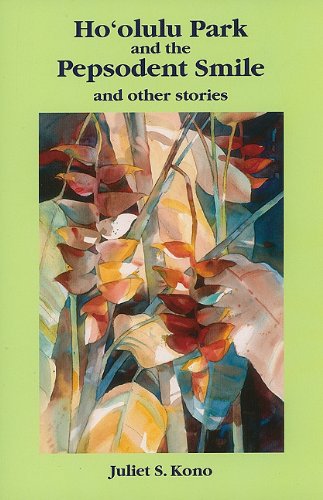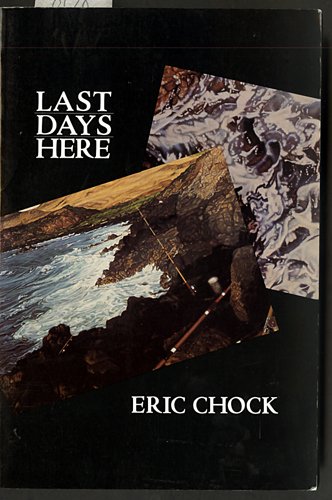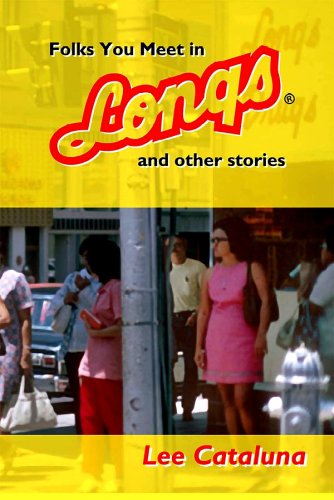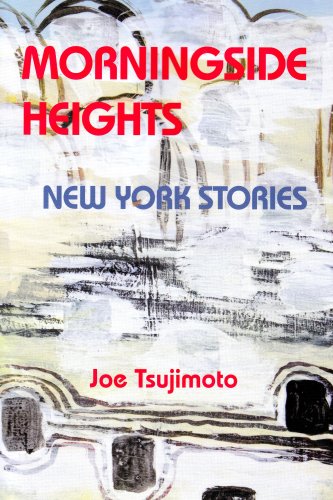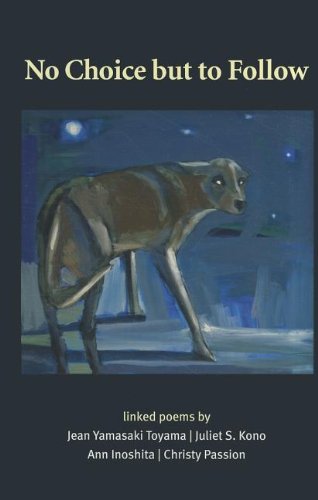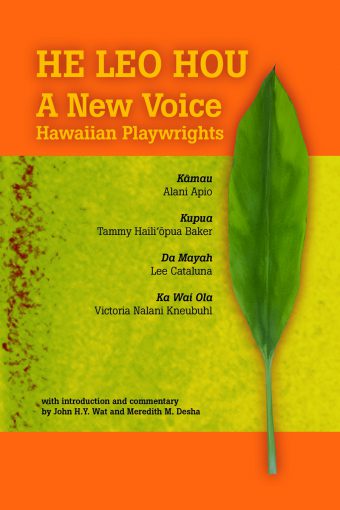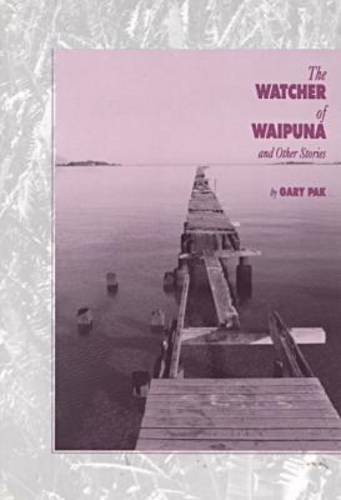Please visit the bookstore!
The Nanjing Massacre: Poems
by Wing Tek Lum
$18.00 $12.06
SKU: BR-102
Categories: Award Winners, Single Author Collections
Tags: Historical Poetry, Literature
Description
THE NANJING MASSACRE: POEMS offers us a series of snapshots of human cruelty, courage, and compassion that together compose a frightening yet accurate and unforgettable portrait of a historical nightmare. Like Goya’s prints in DISASTERS OF WAR, or Ian MacMillan’s prose sketches in PROUD MONSTER, Wing Tek Lum’s poems confront readers with fully realized vignettes of brutality, love, and suffering whose effect is cumulative.
The subject is the notorious Japanese occupation of Nanjing, China, in 1937. The poems capture all perspectives of the tragedy—from the weary, casually cruel Japanese soldiers to the uncomprehending child victims, and from the desperate helpless parents and the brutalized comfort women to the bloodless yet vicious bureaucrats of death.
Details
| Author | |
|---|---|
| ISBN | 910043884 |
| ISBN-13 | 978-0910043885 |
| Year Published | |
| Number of Pages | 240 |
| Weight | 12.8 oz |
| Dimensions | 8.8 × 6 × 0.5 in |
About the Author
Wing Tek Lum is a Honolulu businessman and poet. His first collection of poetry, EXPOUNDING THE DOUBTFUL POINTS, was published by Bamboo Ridge Press in 1987 and was the winner of the 1988 Before Columbus Foundation American Book Award and the 1988 Association for Asian American Studies National Book Award.
With Makoto Ooka, Joseph Stanton, and Jean Yamasaki Toyama, Lum participated in a collaborative work of linked verse, which was published as WHAT THE KITE THINKS by Summer Session, University of Hawai‘i at Manoa, in 1994.
Blurbs and Reviews
“Too often history is written by those who survive, those who won,” Lum writes. Drawing on published histories, memoirs, photographic collections, and oral histories, he composes testimony after testimony for the silenced—poetic memorials that also provide some measure of revenge against the victors. At key moments, he also broadens the frame of reference, linking the crimes in China to the atrocities committed since then at different times, on different continents. Massacres, Lum suggests, bear a family resemblance—the human family.
But THE NANJING MASSACRE is much more than a chamber of horrors. Lum's spare and meticulous verse offers up vivid, memorable, and even beautiful images, and many of the poems are mini-narratives, suspenseful and compelling. The result is a gallery of disturbing portraits that nevertheless move us through their artistry and truth.
—Craig Howes Director, Center for Biographic Research, University of Hawaiʻi at Manoa
"Please do not bury me.
I will awake from my sleep
at my chosen moment..."
So in Wing Tek Lum's chosen moment—the Nanjing Massacre—both literature and history are dangerously awakened. Epigrammatic, elegiac, and luminous, these poems beckon the buried voices of daughters and sons, husbands and wives, soldiers and survivors— Chinese and Japanese alike. This masterful and courageous collection allows us to breathe deeply over the shallows of history and to under- stand, through poetry, how “the truth shall set us free.”
—Russell C. Leong, Contributing Editor, AMERASIA JOURNAL
. . . a striking volume of poetry. The poems, intelligent and at times brutal, provide both kaleidoscopic slices and a vast panorama of the tragedy. The magnitude of the poetic vision and effort is simply overwhelming.
—Ha Jin, author of NANJING REQUIEM, WAR TRASH, and WAITING
. . . [a] masterpiece, written over a span of fifteen years. Sustaining an unwavering vigilance on events of incomprehensible human suffer- ing is an affirmation of the poet's unflinching regard. These stark and steadfast poems resolve to dig deep for the antidote—our capacity to love—transforming what continues to arise repeatedly in this world of cruelty and indifference. By summoning courage these poems demand that we face the unpleasant, stripped of delusion, and find deserving of our compassion the unacceptable.
—Cathy Song, author of CLOUD MOVING HANDS and THE LAND OF BLISS
Wing Tek Lum's poems are deeply moving and extremely imaginative. Bridging literature and history, they bring the past back to life and of- fer one solution to the almost impossible task of recovering lost voice and experience where no historical records exist.
—Daqing Yang, Associate Professor of History and International Affairs, George Washington University
These poems are not your standard polemics. Lum, who possesses a master's degree in divinity, writes not just as a poet of witness but as an ascetic seeking to evidence the torment of the world . . . there is a strange way that fact and opinion fall out of Lum's deeply historical poems like light falling through a pane of glass.
—Ken Chen, Executive Director, The Asian American Writers' Workshop
History is not poetry and of course poetry is never history—and yet, Lum has fused the two with skill, sensitivity and fury. This brilliant collection that is based on documents avoids agenda, although Lum is necessarily partisan in addressing the massacre of hundreds of thousands of Chinese citizens and disarmed soldiers by the Japanese. This six-week period in 1937 is still being disputed by some who would rather not foul Japanese history any further. Others prefer to forget. Lum resuscitates various sides with renewed blood and soul, invigo- rates dry record . . . is unflinching in his art.
—Kimiko Hahn, author of TOXIC FLORA
Lum observes the killing fields, the eponymous Nanjing Massacre, stares directly at the slaughtered remains, the historical evidence, and you may well ask why. As tribute to Iris Chang, whose own tortured experience and suicide gives pause: yes. To prod a litany of human di- sasters, Shoah, Congo, Sabra/Shatila, My Lai, Cambodia, Darfur, Bosnia, Rwanda, Jenin, Homs: no problem. But I think it's more for company, to join the other messengers in God's waiting room, awaiting reprieve. Have a seat.
—Jeffery Paul Chan, author of EAT EVERYTHING BEFORE YOU DIE
But THE NANJING MASSACRE is much more than a chamber of horrors. Lum's spare and meticulous verse offers up vivid, memorable, and even beautiful images, and many of the poems are mini-narratives, suspenseful and compelling. The result is a gallery of disturbing portraits that nevertheless move us through their artistry and truth.
—Craig Howes Director, Center for Biographic Research, University of Hawaiʻi at Manoa
"Please do not bury me.
I will awake from my sleep
at my chosen moment..."
So in Wing Tek Lum's chosen moment—the Nanjing Massacre—both literature and history are dangerously awakened. Epigrammatic, elegiac, and luminous, these poems beckon the buried voices of daughters and sons, husbands and wives, soldiers and survivors— Chinese and Japanese alike. This masterful and courageous collection allows us to breathe deeply over the shallows of history and to under- stand, through poetry, how “the truth shall set us free.”
—Russell C. Leong, Contributing Editor, AMERASIA JOURNAL
. . . a striking volume of poetry. The poems, intelligent and at times brutal, provide both kaleidoscopic slices and a vast panorama of the tragedy. The magnitude of the poetic vision and effort is simply overwhelming.
—Ha Jin, author of NANJING REQUIEM, WAR TRASH, and WAITING
. . . [a] masterpiece, written over a span of fifteen years. Sustaining an unwavering vigilance on events of incomprehensible human suffer- ing is an affirmation of the poet's unflinching regard. These stark and steadfast poems resolve to dig deep for the antidote—our capacity to love—transforming what continues to arise repeatedly in this world of cruelty and indifference. By summoning courage these poems demand that we face the unpleasant, stripped of delusion, and find deserving of our compassion the unacceptable.
—Cathy Song, author of CLOUD MOVING HANDS and THE LAND OF BLISS
Wing Tek Lum's poems are deeply moving and extremely imaginative. Bridging literature and history, they bring the past back to life and of- fer one solution to the almost impossible task of recovering lost voice and experience where no historical records exist.
—Daqing Yang, Associate Professor of History and International Affairs, George Washington University
These poems are not your standard polemics. Lum, who possesses a master's degree in divinity, writes not just as a poet of witness but as an ascetic seeking to evidence the torment of the world . . . there is a strange way that fact and opinion fall out of Lum's deeply historical poems like light falling through a pane of glass.
—Ken Chen, Executive Director, The Asian American Writers' Workshop
History is not poetry and of course poetry is never history—and yet, Lum has fused the two with skill, sensitivity and fury. This brilliant collection that is based on documents avoids agenda, although Lum is necessarily partisan in addressing the massacre of hundreds of thousands of Chinese citizens and disarmed soldiers by the Japanese. This six-week period in 1937 is still being disputed by some who would rather not foul Japanese history any further. Others prefer to forget. Lum resuscitates various sides with renewed blood and soul, invigo- rates dry record . . . is unflinching in his art.
—Kimiko Hahn, author of TOXIC FLORA
Lum observes the killing fields, the eponymous Nanjing Massacre, stares directly at the slaughtered remains, the historical evidence, and you may well ask why. As tribute to Iris Chang, whose own tortured experience and suicide gives pause: yes. To prod a litany of human di- sasters, Shoah, Congo, Sabra/Shatila, My Lai, Cambodia, Darfur, Bosnia, Rwanda, Jenin, Homs: no problem. But I think it's more for company, to join the other messengers in God's waiting room, awaiting reprieve. Have a seat.
—Jeffery Paul Chan, author of EAT EVERYTHING BEFORE YOU DIE
Related products
Sale
Sale
Sale
$20.00
Sale
Sale
Sale
Sale


